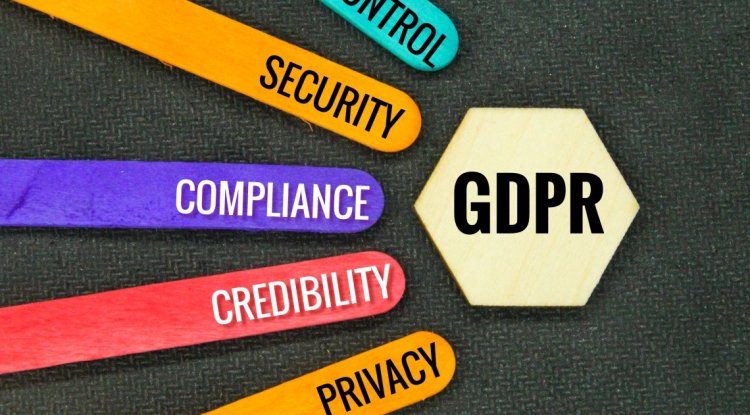Navigating Gray Areas: Ethical Dilemmas in Advertising
Explore the intricate ethical challenges that arise in the world of advertising, delving into real-life cases and thought-provoking discussions. Join Raghav Chugh in a journey through the complexities of advertising ethics.

In today's digital age, advertising has become an omnipresent force in our lives, shaping perceptions, influencing decisions, and driving consumer behavior. However, this pervasive influence often finds itself entangled in a web of ethical intricacies. The realm of advertising is no stranger to gray areas, where the boundaries of right and wrong become blurred. As advertisers, marketers, and consumers, it is imperative that we engage in thoughtful discourse about these ethical dilemmas to ensure responsible and conscientious practices.
The Power of Persuasion and the Ethical Quandary
At the heart of advertising lies the power of persuasion. Advertisers wield the ability to create compelling narratives that resonate with their target audiences, often tapping into emotions and desires. While this can lead to impactful campaigns, it can also raise ethical concerns. The line between honest persuasion and manipulative tactics is a delicate one, prompting us to question whether the ends always justify the means.
Case Study: The Influencer's Deceptive Glow
Consider the case of a social media influencer endorsing a skincare product. The influencer raves about the product's miraculous effects on their complexion, attributing their flawless skin solely to its usage. Unbeknownst to their followers, the influencer has undergone extensive professional treatments alongside using the product. This scenario raises ethical flags as it blurs the lines between genuine product endorsement and deceptive marketing.
Transparency and Truthfulness
Transparency is a cornerstone of ethical advertising. Consumers have the right to accurate and honest information to make informed decisions. However, the digital landscape sometimes breeds ambiguity. Native advertising, for instance, seamlessly blends with editorial content, leading readers to believe they are consuming unbiased information. This practice challenges the principles of transparency, leaving audiences uncertain about the authenticity of the content they engage with.
Balancing Creativity and Responsibility
The pursuit of creativity often clashes with ethical responsibility. Advertisers may be tempted to exaggerate product benefits or downplay potential drawbacks to craft a captivating message. Striking the balance between imaginative storytelling and ethical accountability requires careful consideration of the impact such messaging may have on consumer trust and well-being.
The Social Impact of Advertising
Advertising not only shapes individual decisions but also influences societal perceptions and norms. The portrayal of body image, gender roles, and cultural stereotypes in advertisements can perpetuate harmful biases. Ethical advertising requires a conscientious effort to challenge and reshape these narratives, promoting inclusivity and diversity.
About Myself
I am Raghav Chugh, a seasoned digital marketing and technology professional with a diverse skill set. With over a decade of experience, I have honed my expertise in marketing automation, campaigns planning and execution, and website development. My passion for ethical practices in advertising stems from my deep understanding of technology's potential and its ethical implications. Connect with me on LinkedIn to continue the conversation on ethical advertising and its profound impact.
In conclusion, as the world of advertising continues to evolve, so do the ethical challenges it presents. Navigating these gray areas demands ongoing introspection, dialogue, and a commitment to upholding ethical standards. By scrutinizing our practices, fostering transparency, and embracing responsible creativity, we can contribute to a more ethically conscious advertising landscape that respects and empowers consumers.
What's Your Reaction?




















